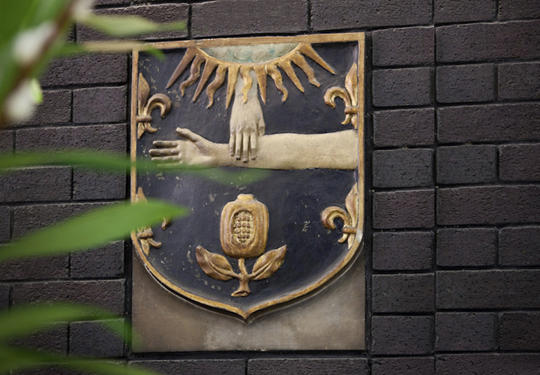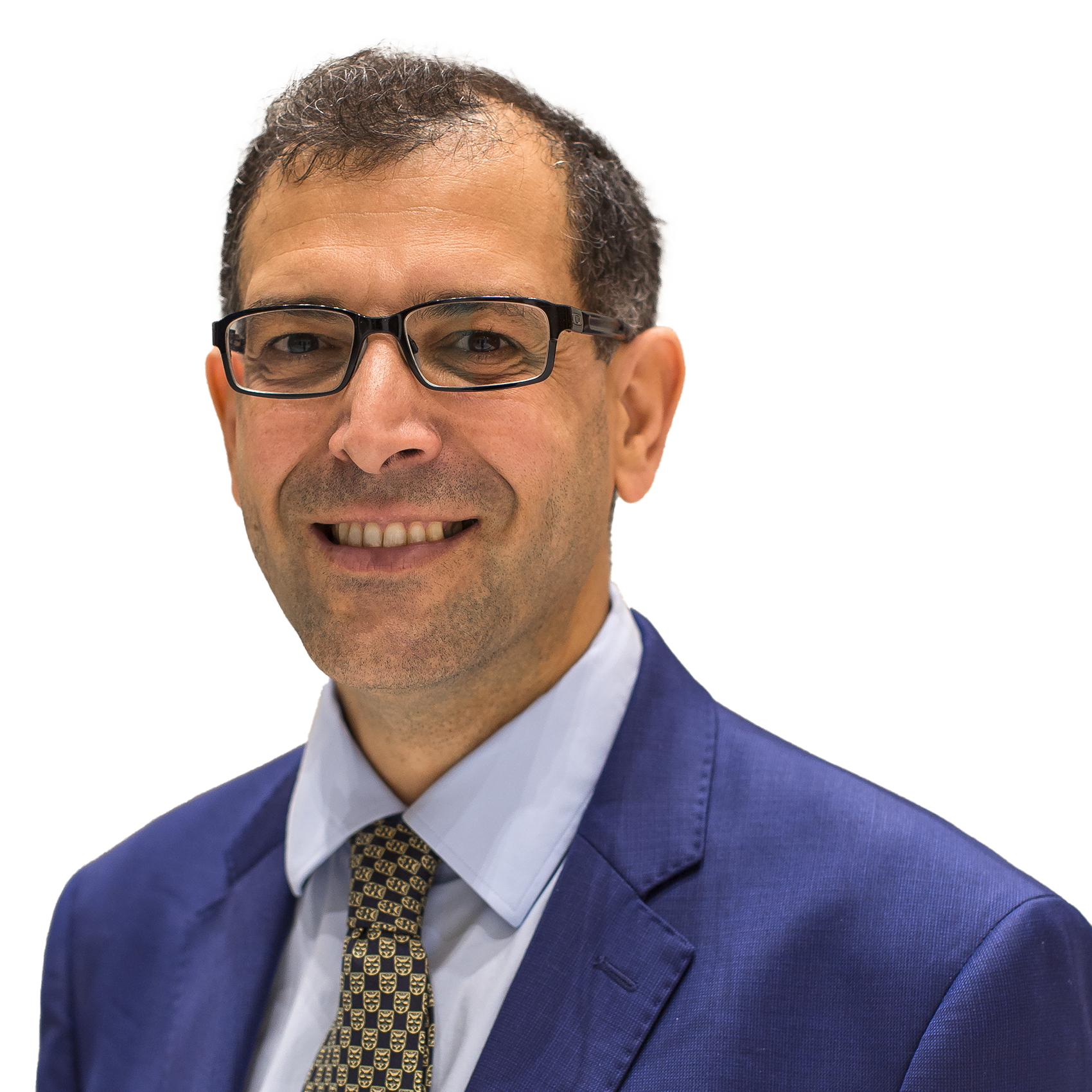Later this month, RCP Council will be asked to approve the list of candidates for the next RCP presidential election. In his latest blog, Dr Omar Mustafa, registrar, discusses the history of college elections and sets out the timeline for the 2025 leadership vote. You can read his first blog on constitutional and governance reform here.
In November 2024, I reflected on the history of constitutional and governance reform at the RCP and outlined the modernisation initiatives underway. In this blog I am going to focus on elections and how you can be involved.
Elections at the RCP
It’s a big year for the RCP with multiple key roles up for election at the college. These include electing the new president (PRCP) and roles on Council, while at the same time we look forward to welcoming new fellows joining our community.
Currently, the power of making and altering the bye-laws of the college (and of voting at elections and on all other business) sits with the president and fellows only. We know this is something that people feel passionately about, and we are being asked if it is time for change.
For some historical context…
To understand how the present processes have evolved, we can look at the past to recognise the origins of these practices. This is also important if we plan to deliver modernisation. I am going to focus on the election of presidents as a proxy for how other elections are currently done.
There are essentially two historical phases when looking at how presidents were elected – early elections (1518 to 1858 – 60) and after the Medical Acts 1858 – 60:
- Early elections: the six physicians named in the Charter of Incorporation were to choose two others from the fellows. According to Sir George Clark, these eight were to be called the ‘elects’ and would be responsible for choosing the president each year. The Charter also stipulated that this election must be held annually ‘for ever’. For the first few years in the history of the college, the eight elects formed the majority of the members. Undoubtedly, this system formed an ‘inner ring’ responsible for choosing the president. There was no limit to the number of times a president could be re-elected; John Caius (1510–1573) was elected three times and Sir Henry Halford (1766–1844) remained in office for 24 years!
- After the Medical Acts 1858–60: the president was elected by all the fellows present at ‘the Comitia’ (in today’s language, a general meeting of fellows) on the Monday after Palm Sunday. The 1860 act stipulated this date and re-affirmed the requirement for annual elections. Those acts, which created the General Medical Council, transformed the landscape of medical qualification and regulation across the UK.
- Today, the requirement for annual election remains. However, presidents are elected by fellows (see process below) for a 4-year term that is reviewed and recommended by Council every year in September for unopposed re-election at College Day in April, unless challenged, in which case there is a contested election.
Selection of presidents
The Charter of Henry VIII required the president of the College to be a ‘prudent man and expert in the faculty of medicine’ (rightly this has been changed to ‘person’ in modern bye-laws).
The word ‘prudent’ (first described in the 1380s) refers to a person acting with or showing forethought, exercising sound judgement, and who is circumspect, discreet, cautious and far-sighted. Statistical data on the use of the word ‘prudent’ indicate a decline in its use from 1750 (33 occurrences per million words) to 2010 (4.9 occurrences per million words). Nevertheless, the need for a prudent individual to oversee and lead the college has never felt more pertinent.
The other criterion is that the eligible individual must have been a fellow of the college for at least 10 years. This requirement appeared in the records during discussions among Council and the Charter Amendment Committee (formed around the time) after the Medical Act 1860 was passed.
This brings me to the voting arrangements and the historical ‘urn’. All eligible fellows in good standing receive an email including election materials and the ‘ballot paper’. The current bye-laws continue the tradition of casting a vote on the day into the ‘urn’ (a vessel for holding votes). In the 1600s, balloting was proposed as a mechanism to elect fellows, succeeding older methods. Sir George Clark tells us that the revised statutes of 1647 stipulated that peas and beans were to be put into the urn. Peas for ‘ay’ and beans for ‘no’. At that time, voting for the president involved writing the name of one fellow ‘qualified to be elected’ as president. Of those fellows, a two-thirds majority was regarded as necessary to be elected. Otherwise, balloting continued with the two names of those who attained the highest number of votes.
Today, RCP elections are decided using the single transferable vote (STV), where the electorate ranks their preferred candidates. Fellows may mark as many or as few preferences as they wish. Other preferences are important in a transferable vote and it is common for a candidate to be elected due to a large number of second or even third preferences.
Election hustings and questions
In addition to the standardised election materials for all candidates for PRCP, a hustings event will be organised in March. This approach was piloted in 2022 with the aim of giving voters more information about the policies and ideas of the candidates. Chaired by an independent person, we will film the candidates answering questions submitted by you, our fellows and members. The recording will be published online before voting opens on 17 March.
In addition to the election materials, candidate statement and hustings, we are planning a special elections issue of Commentary to introduce the candidates, their backgrounds and aspirations. As Commentary is published online only, this will be circulated via email, so please make sure that your communication preferences are up to date (accessible via MyRCP). Watch this space.
Timelines
The current timeline of the elections is as follows.
|
7 November – 16 December 2024 |
Nomination window. Process now complete |
|
29 January 2025 |
Council to review nominations received. Candidates notified with request for election material. |
|
29–30 January 2025 |
Public announcement of candidates in all elections. Candidates may begin campaigning in line with guidance |
|
Mid-March 2025 |
Hustings for president recording will be published online. Fellows and members will receive a special election issue of our membership magazine, Commentary, via email. |
|
17 March 2025 |
Voting opens – Civica Election Services to send voting invitation emails to all eligible voters |
|
14 April 2025 (College Day) |
Online voting closes at midday in all elections. An option exists for in-person votes for president to be cast as part of the special general meeting. Presidential election result announced (successful candidate to take up post as soon as possible thereafter) |
|
Late April 2025 |
Public announcement of results in clinical vice president and councillor elections. PRCP will take office asap |
|
1 August 2025 |
Successful clinical vice president and councillor candidates to take up office |
Modernisation
As you can see from the above historical narrative, the election process has evolved over the centuries and will continue to evolve. As I outlined in my November blog, the Constitutional and Governance Review Group (delegated by Council) is discussing how elections could/should be reformed in line with modern trends. I will discuss this in future blogs once details are available for wider consultation.
Elections are at the heart of our community. Choosing leaders and making key decisions empower our collective journey. We need to co-create a dynamic future, driven by the passion and ideas of our members.
And last ask….
As part of the hustings event for presidential candidates, we are sourcing question suggestions from the wider membership. What would you like to ask the candidates for PRCP? You can submit your questions here. The deadline is 5 February.
The elections are a key opportunity to influence the leadership and direction of your college in the coming years. Make sure your contact details are up to date as the vast majority of communication will be made by email. You can review and amend your details and mailing preferences by logging in to your MyRCP account.






